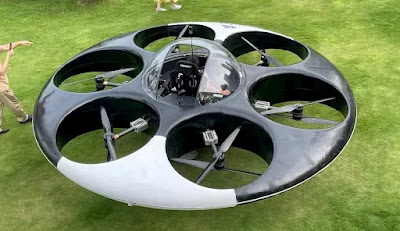DAILY INNOVATION BRIEF by Maryanne Kane, Journalist

D A ILY INNOVATION BRIEF By Journalists Edward Kane & Marya nne Kane SCIENCE: YOU CAN TEACH AN OLD DOG NEW TRICKS & SAVE THEM FROM DEMENTIA Source: Stock & Brewster Kane Scientists at the University of California and University of Kentucky are saying it's a good idea to teach old dog new things. It brings benefits for aging dogs' brains. Here's what we know: The study involved 43 middle aged beagles over a 3-year period They engaged the dogs in free play and exercise daily The regime resulted in a 1.74% gain in cognition every year instead of yearly declines They used an MRI scan to measure brain structure changes When dogs were allowed to play with a variety of toys, exercis...







